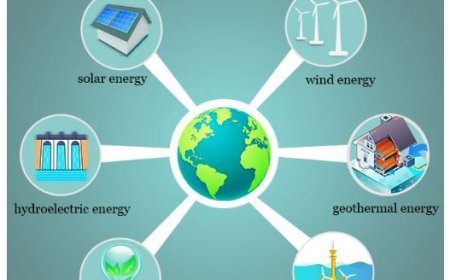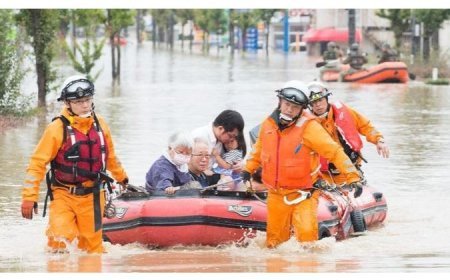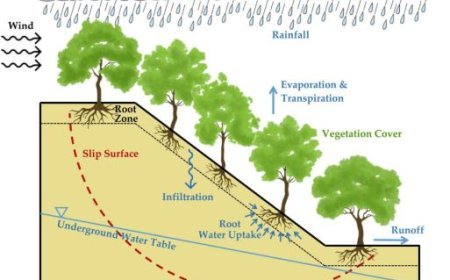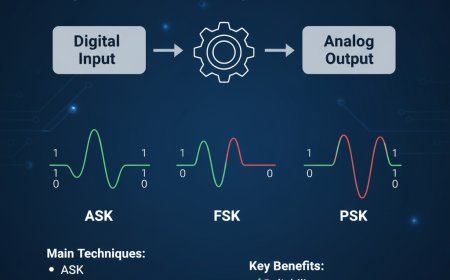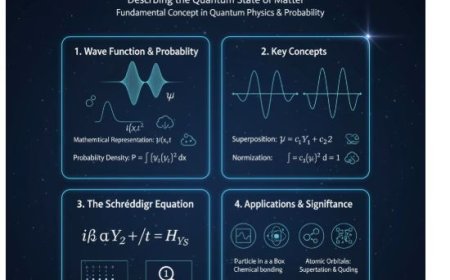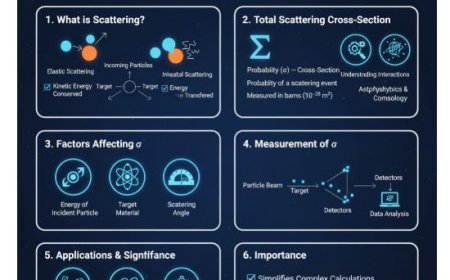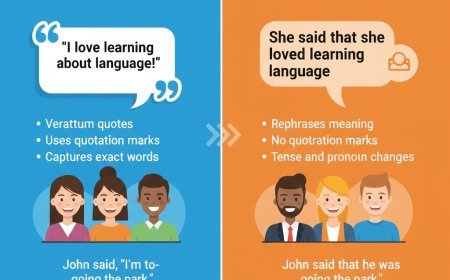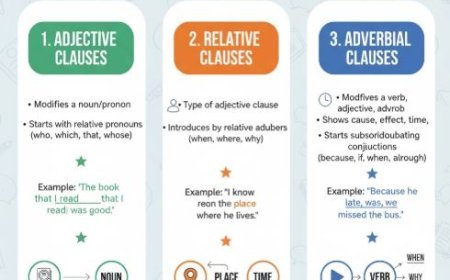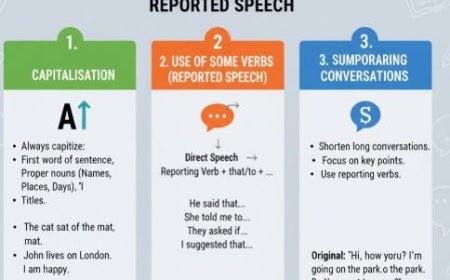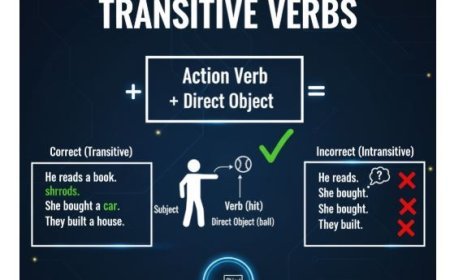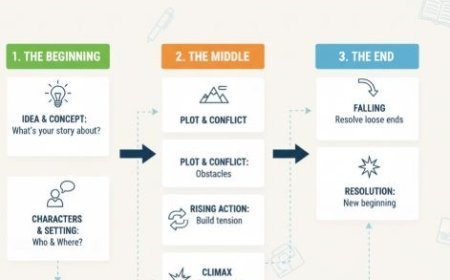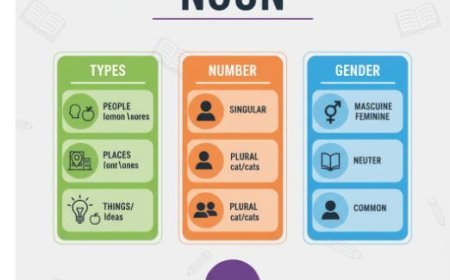CONDITIONAL CLAUSES
Conditional clauses: **Unlock sentence superpowers!** Change outcomes based on conditions (if/then).
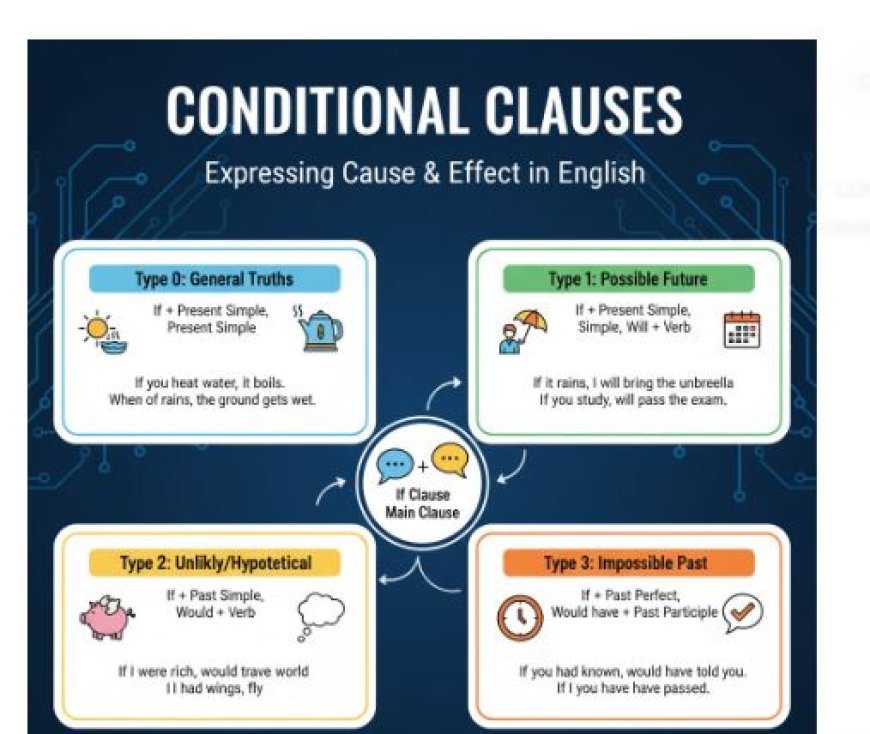
CONDITIONAL CLAUSES
Conditionals are a crucial part of the English language, and understanding how to use them correctly is essential for effective communication. In simple terms, a conditional clause is a sentence structure that expresses a hypothetical situation and its possible outcome. There are four main types of conditional clauses, each with its own structure and usage.
1. Zero conditional
The zero conditional is used to represent a generic truth or fact that always remains true. It is created by employing the present tense in both the if clause and the main clause.
For example, "When you heat water to 100 degrees, it boils." This line states an always-true fact: water boils when it reaches 100 degrees. This form of conditional is frequently employed in scientific or academic writing to express a hypothesis or general rule.
2. First conditional
The first conditional is used to describe a potential future circumstance and its anticipated outcome. It is constructed by combining the present tense in the if-clause with the future tense in the main sentence. For example, "If it rains tomorrow, we'll stay indoors." This statement conveys a prospective future event (rain) and its expected outcome (staying indoors).
3. Second conditional
The second conditional is used to talk about an unlikely or impossible situation and its imaginary result. It is formed by using the past tense in the if-clause and the conditional modal 'would' in the main clause. For example, 'If I had a million dollars, I would travel the world.' This sentence expresses an unlikely situation (having a million dollars) and its imaginary result (traveling the world).
4. Third conditional
The third conditional is used to describe a previous situation and its unfulfilled effect. It is formed by mixing the past perfect tense in the if-clause with the conditional perfect 'would have' in the main clause. For example, 'If I had studied more, I could have passed the test.' This statement represents a previous situation (not working hard enough) and its unfavourable effect (failing the test).
In addition to these four main types, there are also mixed conditionals that combine elements of two or more types. These are used to express a combination of real and unreal situations.
Now that we have a basic understanding of the different types of conditional clauses, let's look at some common uses of conditionals:
1. Explaining cause and effect
Conditionals are often used to explain cause and effect relationships in academic writing. For example, 'If the government raises taxes, consumer spending will decrease.' This sentence uses the first conditional to show that raising taxes (cause) will lead to a decrease in consumer spending (effect).
2. Discussing possibilities and consequences
Conditionals are useful in such cases to express these hypothetical situations and their outcomes. For example, 'If the results of the study are accurate, it could lead to significant changes in the field.' This sentence uses the second conditional to discuss a hypothetical situation (accurate results) and its potential impact (significant changes)
3. Presenting arguments
In academic writing, it is essential to present arguments and counterarguments. Conditionals can be used to present opposing viewpoints and their potential outcomes. For instance, 'If we ignore the effects of climate change, it could have catastrophic consequences for our planet.' This sentence uses the second conditional to present the opposing viewpoint of ignoring climate change and its potential consequences.
4. Discussing past events and their consequences
The third conditional is commonly used to reflect on past events and their consequences. For example, 'If the researcher had followed the correct methodology, the results would have been more reliable.' This sentence uses the third conditional to reflect on the past event of not following the correct methodology and its unrealized outcome of more reliable results.
What's Your Reaction?









